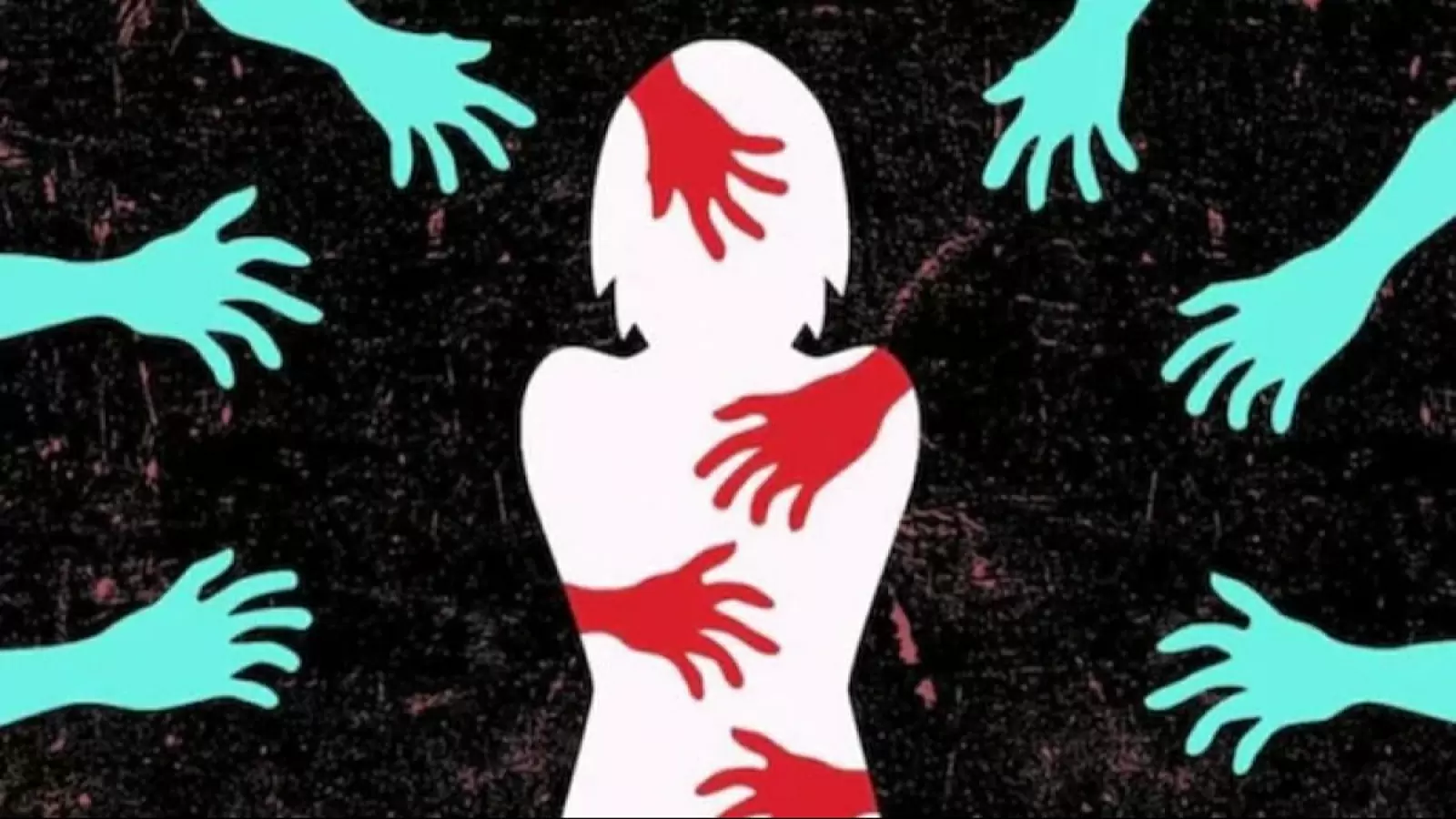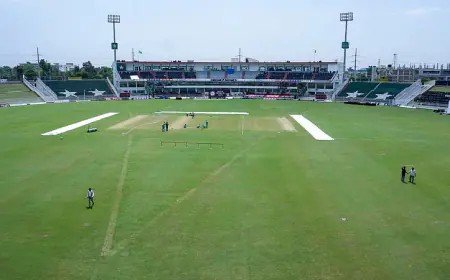275 rape reported cases in 5 years, proving that women are not safe even in police custody or reform homes, as per NCRB report
The National Crime Records Bureau (NCRB) recently released data that highlights the ongoing reporting of custodial rape cases. The data shows that there were 24 cases reported in 2022, compared to 26 in 2021, 29 in 2020, 47 in 2019, 60 in 2018, and 89 in 2017....

Some data regarding rape from 2017 to 2022 has been provided by the National Crime Records Bureau (NCRB). The data shows that during these five years, there were over 270 cases of custodial rape reported. Women's rights advocates attributed these kinds of incidents to the law enforcement agencies' lack of accountability and sensitivity.
According to National Crime Records Bureau (NCRB) data, the criminals include policemen, public servants, members of the armed forces and staff of prisons, remand homes, places of detention and hospitals. The data emphasizes that such cases have gradually declined in the last few years. 24 cases were reported in 2022, while 26 cases were reported in 2021, 29 in 2020, 47 in 2019, 60 in 2018 and 89 in 2017.
Section 376 (2) of the Indian Penal Code governs the registration of cases involving rape in custody. This section focuses on situations in which the offender rapes a woman by abusing his position of power or custody. Uttar Pradesh leads the country with 92 cases of custodial rape out of the 275 cases that have been reported since 2017, followed by Madhya Pradesh with 43 cases.
"Custodial settings provide opportunities for abuse. State agents often coerce women to fulfil their sexual desires," Poonam Muttreja, executive director of the Population Foundation of India, said, according to the news agency PTI.
"There are many instances where women have been detained and subjected to sexual violence in the name of their safety or because of their vulnerable status," she said.
Muttreja said such reasons for rape include patriarchal social norms, abuse of power by officials, lack of gender-sensitivity training for police and social stigma attached to victims. "These factors contribute to an environment where such heinous crimes can occur. Many cases go unreported or ignored," he said.
Muttreja said the government should adopt a multi-pronged approach to effectively address the root causes and consequences of custodial rape. He said, "This should include legal reforms, better training for law enforcement, social and behavioural change communication to change social norms and stronger mechanisms for accountability. Along with this, the involvement of NGOs, civil society and community groups." "Fostering partnerships with others can help create a more inclusive and informed response."
"Custodial rape is a very common practice in police stations. The way junior police officers, even women constables, talk to the victims shows that they have no sympathy for them," she said. "
He stressed the critical need for sensitization and awareness among policemen along with legal mechanisms to hold criminals accountable.












































































